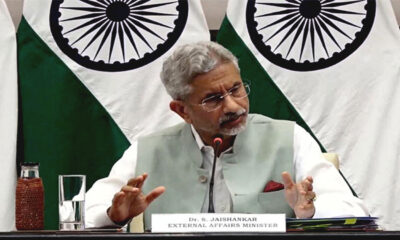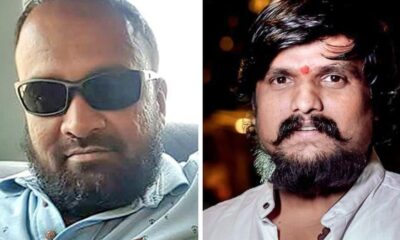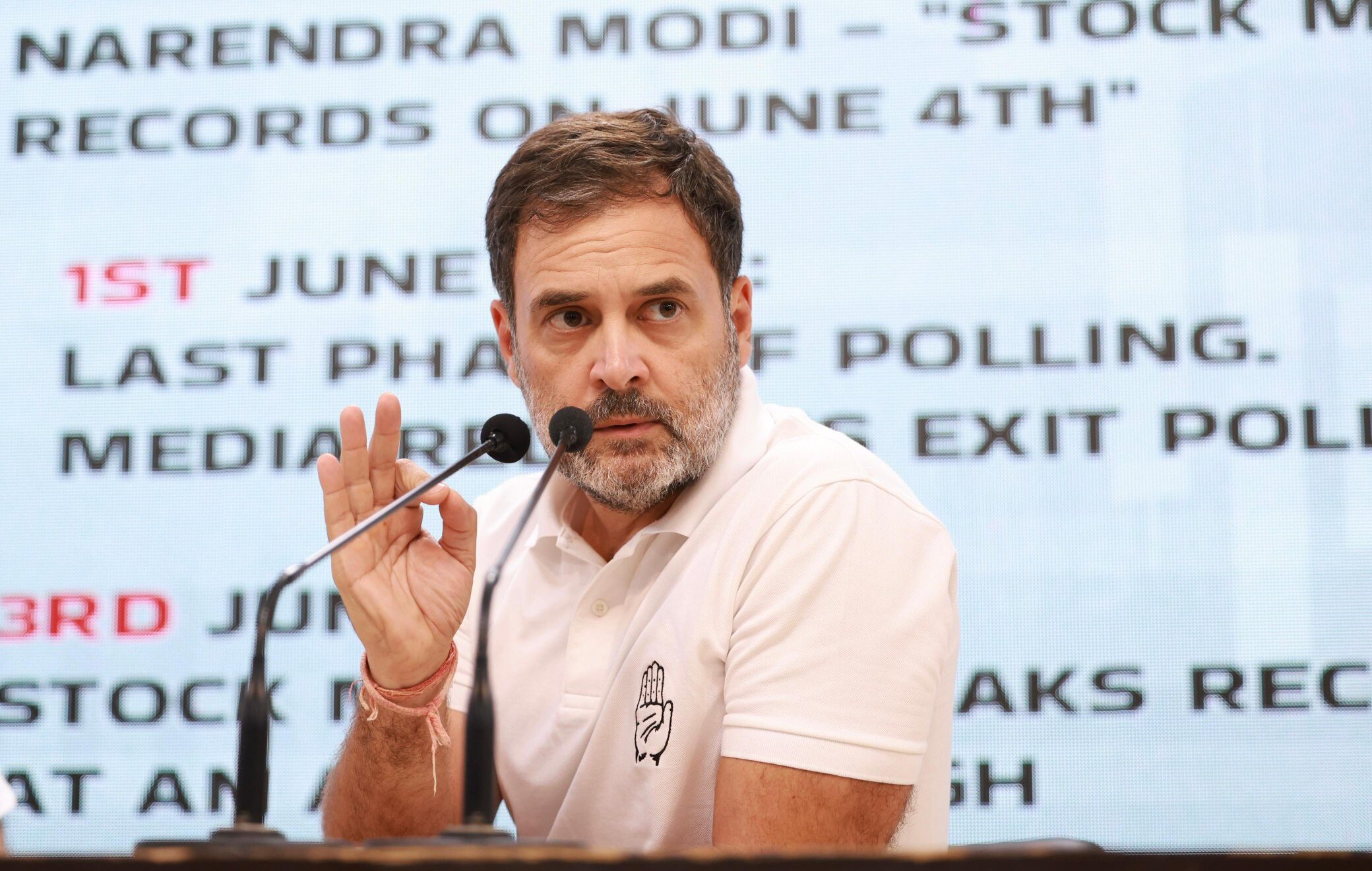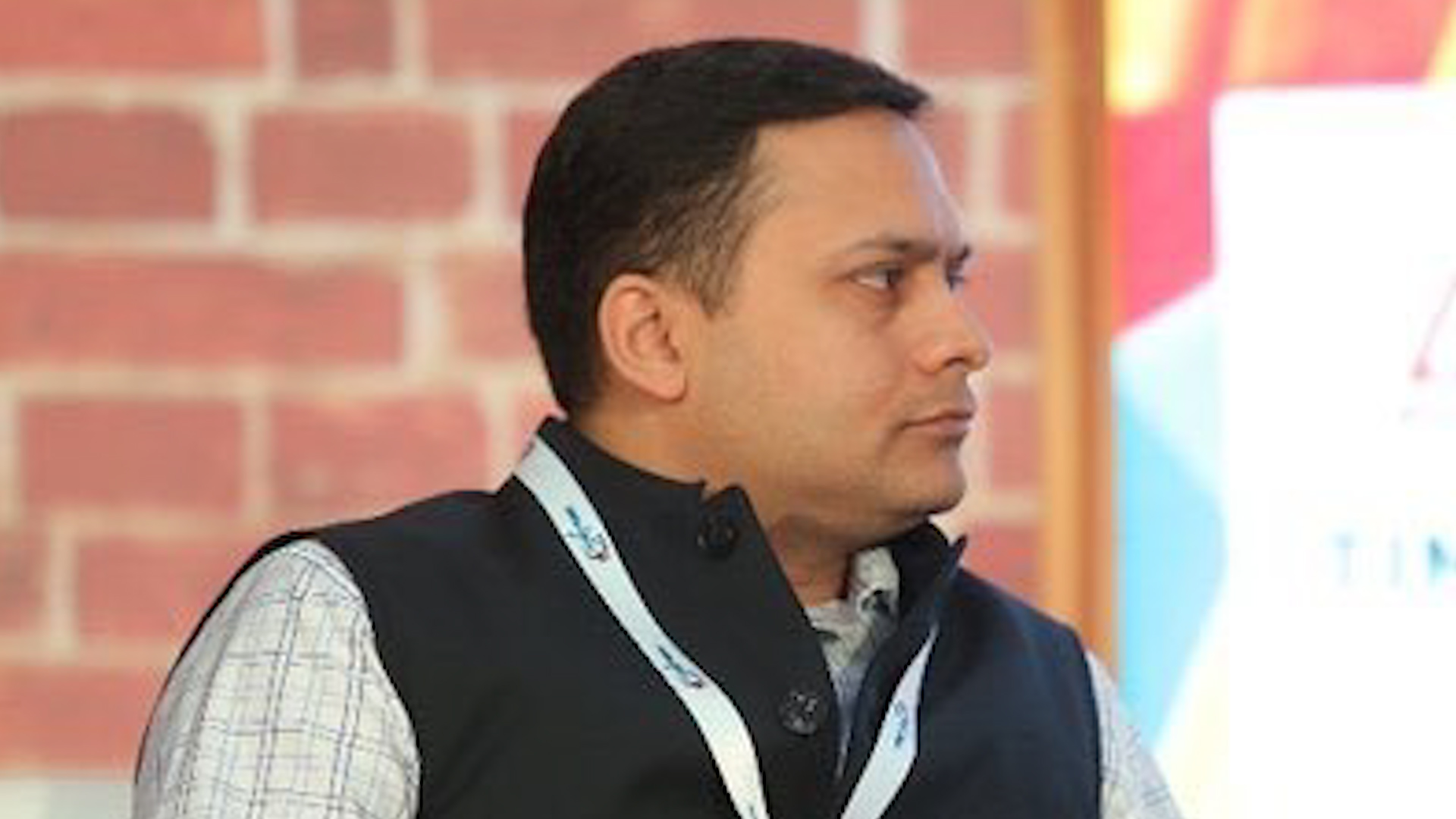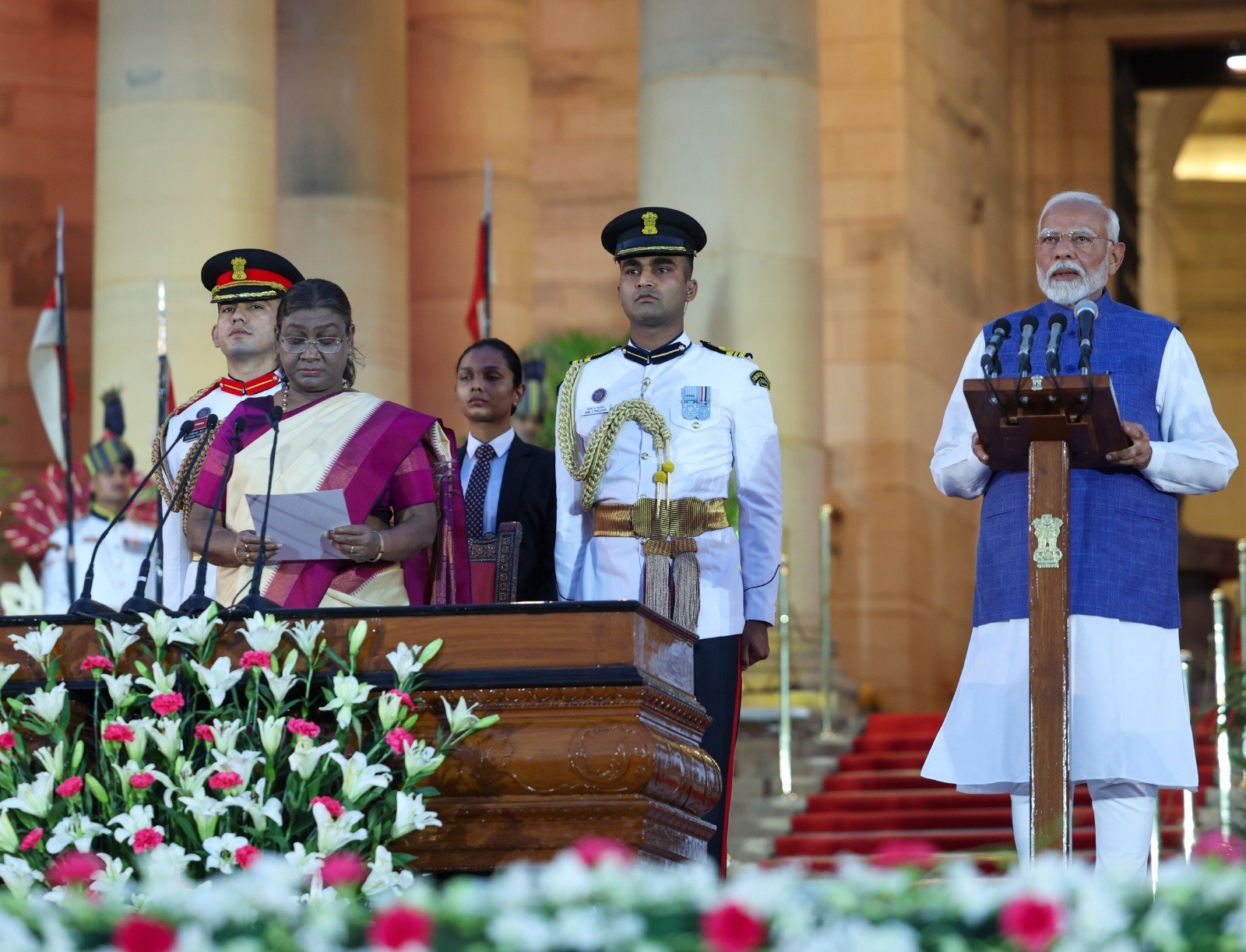Politics
Finance Minister’s counterattack on KCR’s statement related to 5 trillion economy

india
Congress Questions PM Modi’s Silence on J&K Terror Attacks
Congress leader Rahul Gandhi says the country demands answers on why those plotting against it are not being caught under BJP rule.
india
BJP’s Amit Malviya Files Rs 10 Crore Defamation Suit Against RSS Activist
BJP leader Amit Malviya files Rs 10 crore defamation suit against RSS activist Santanu Sinha over false sexual misconduct allegations. Malviya demands an apology.
india
Modi’s NDA Government Reveals New Cabinet Portfolios
Modi’s NDA government unveils its cabinet portfolios, with key ministries led by Amit Shah, Rajnath Singh, Nirmala Sitharaman, and S Jaishankar.
-

 india1 year ago
india1 year ago“Major Crash of Sukhoi Su-30 and Mirage 2000 Fighter Jets in Madhya Pradesh”
-

 Sports1 year ago
Sports1 year agoWFI meetings on April 16, elections likely to be discussed
-

 india1 year ago
india1 year ago“AIMIM to Contest 50 Seats in Upcoming Telangana Assembly Elections”
-

 Entertainment5 months ago
Entertainment5 months agoAnant Ambani: Controversy at the Ambani Pre-Wedding Bash
-

 Entertainment1 year ago
Entertainment1 year agoRajinikanth is Moideen Bhai in ‘Lal Salaam’
-

 Karnataka1 year ago
Karnataka1 year agoPM Modi’s visit to Bandipur on April 9: Safari, home stay, resort closed from tomorrow
-

 india12 months ago
india12 months agoHaryana Violence Erupts During Religious Procession, Leaving Several Injured
-

 Karnataka1 year ago
Karnataka1 year agoLaxman Savadi Joins Congress After Denied BJP Ticket



